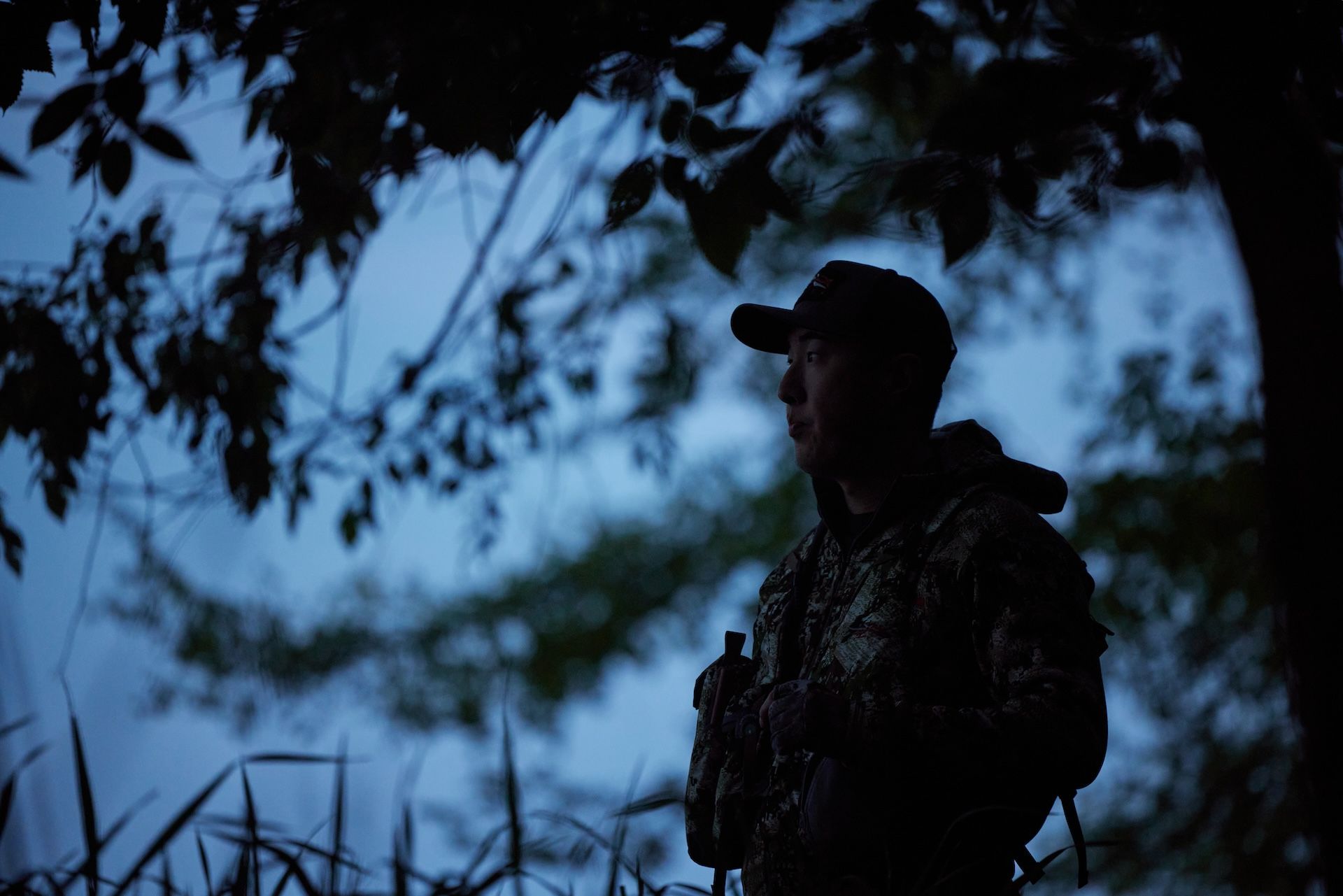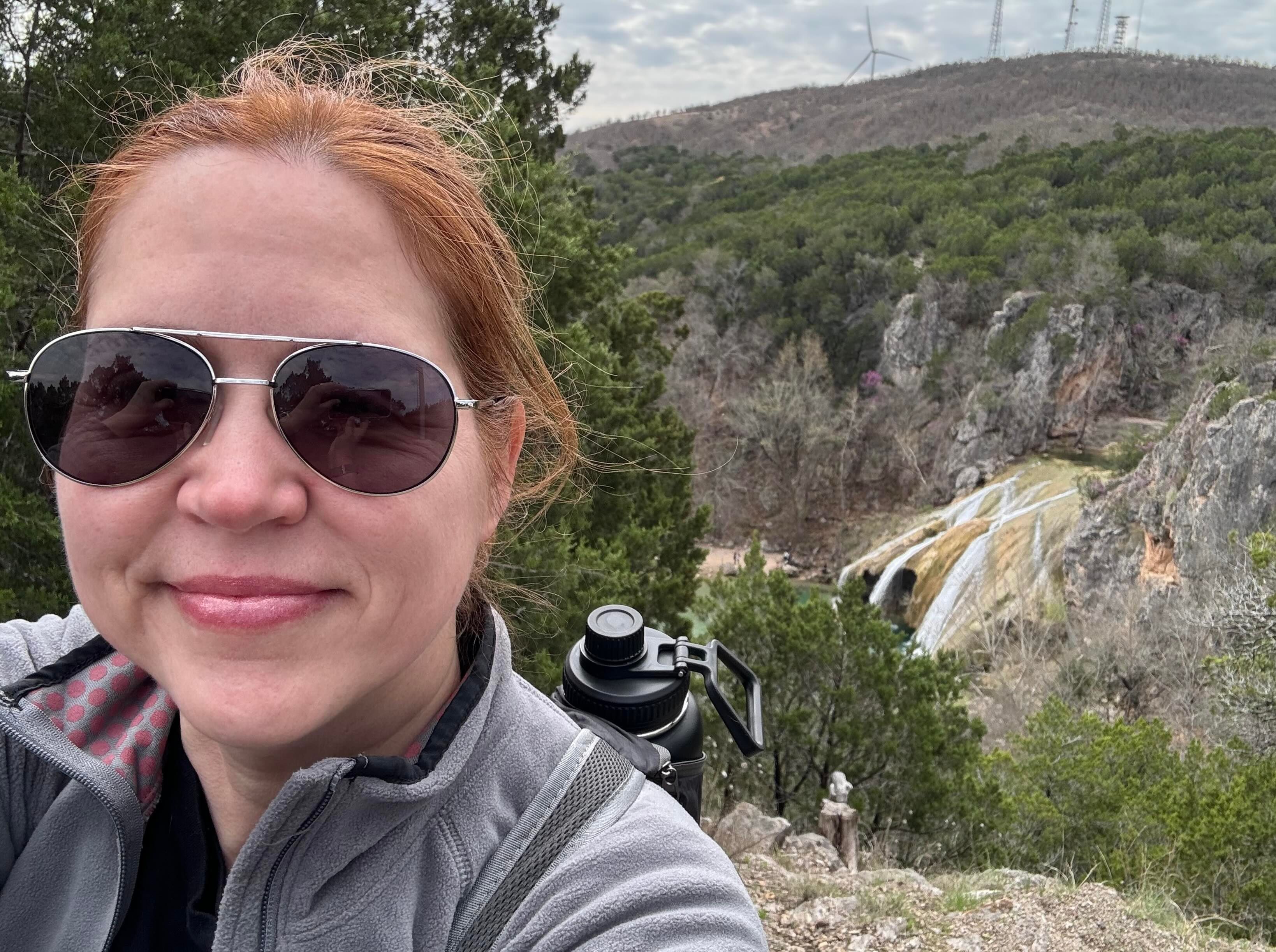Additionally, there are wide-ranging restrictions on strategies and equipment that hunters can use during the hunting hours between dusk and dawn.
To properly stay on top of these laws and ensure you hunt predators within the bounds of what's allowed and prohibited, we're breaking down the nighttime hunting laws to ensure your next night hunt is successful, safe, and legal.
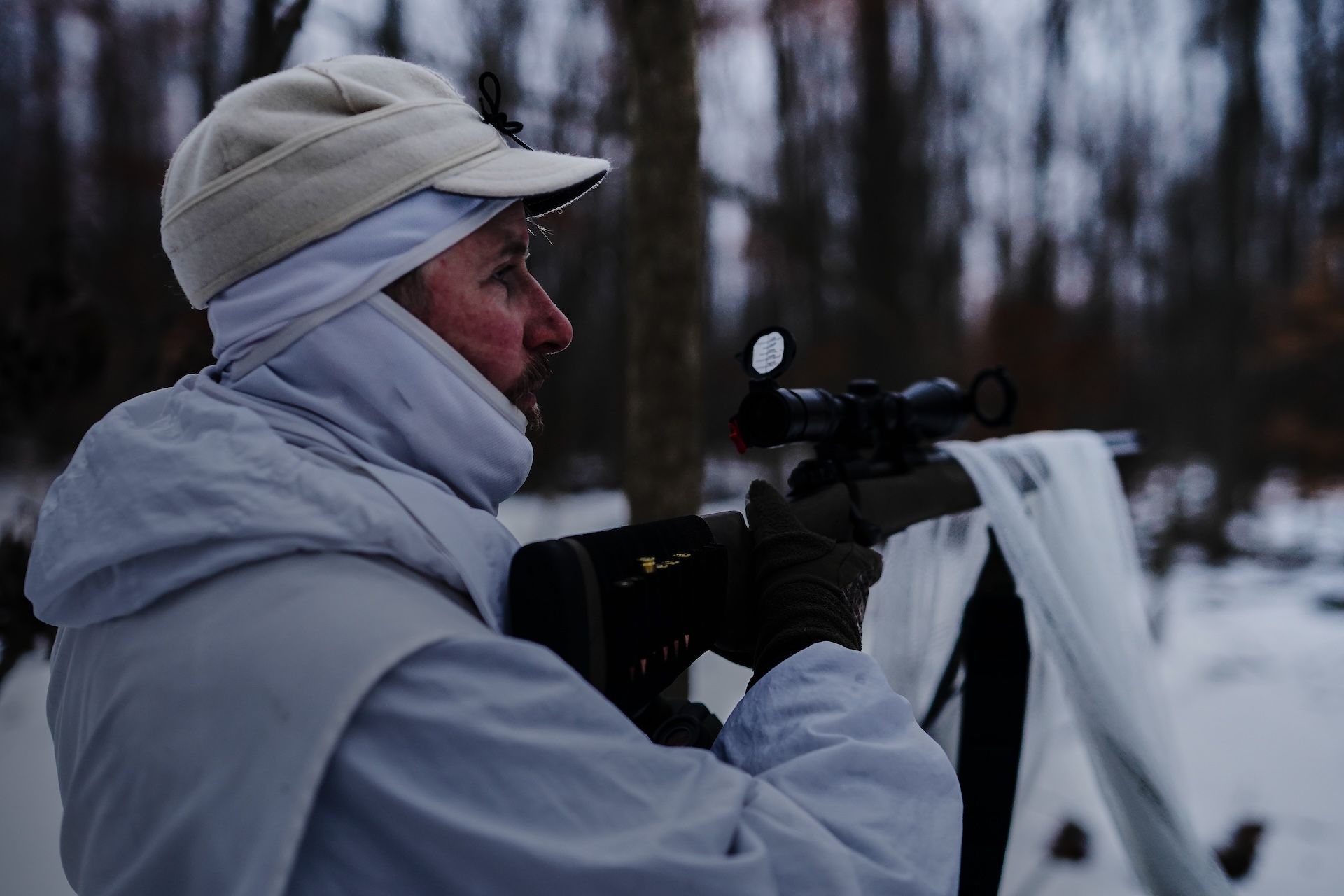
What to Know About Night Hunting Regulations
Laws surrounding night hunting vary significantly by state, and it's essential to know and understand which species you can legally hunt at night, such as regulations regarding predators like coyotes or feral hogs. Before stepping out into the field during nighttime hours, check your state regulations, paying attention to night hunting legality and the season dates and limitations — like the regulations in Tennessee — as these may change from year to year.
In addition to following all-night hunting dates and limitations, many states require permits, licenses, or stamps for nighttime hunting to manage the number of hunters in the field and reduce potential incidents. Some states may offer exemptions or other nighttime hunting allocations for private landowners to control the population of feral game on their land.
As the sun goes down, it is essential to prioritize safety and the protection of persons and personal property. Due to this, authorities may establish distance regulations for hunting near roads, homes, or public lands at night.
Can You Hunt With Nightvision?
Finally, while highly beneficial to a nighttime hunt, some regions do not always permit equipment such as spotlights, night vision scopes, or thermal imaging devices. These tools may be subject to further restrictions if permitted during the night hunt season.
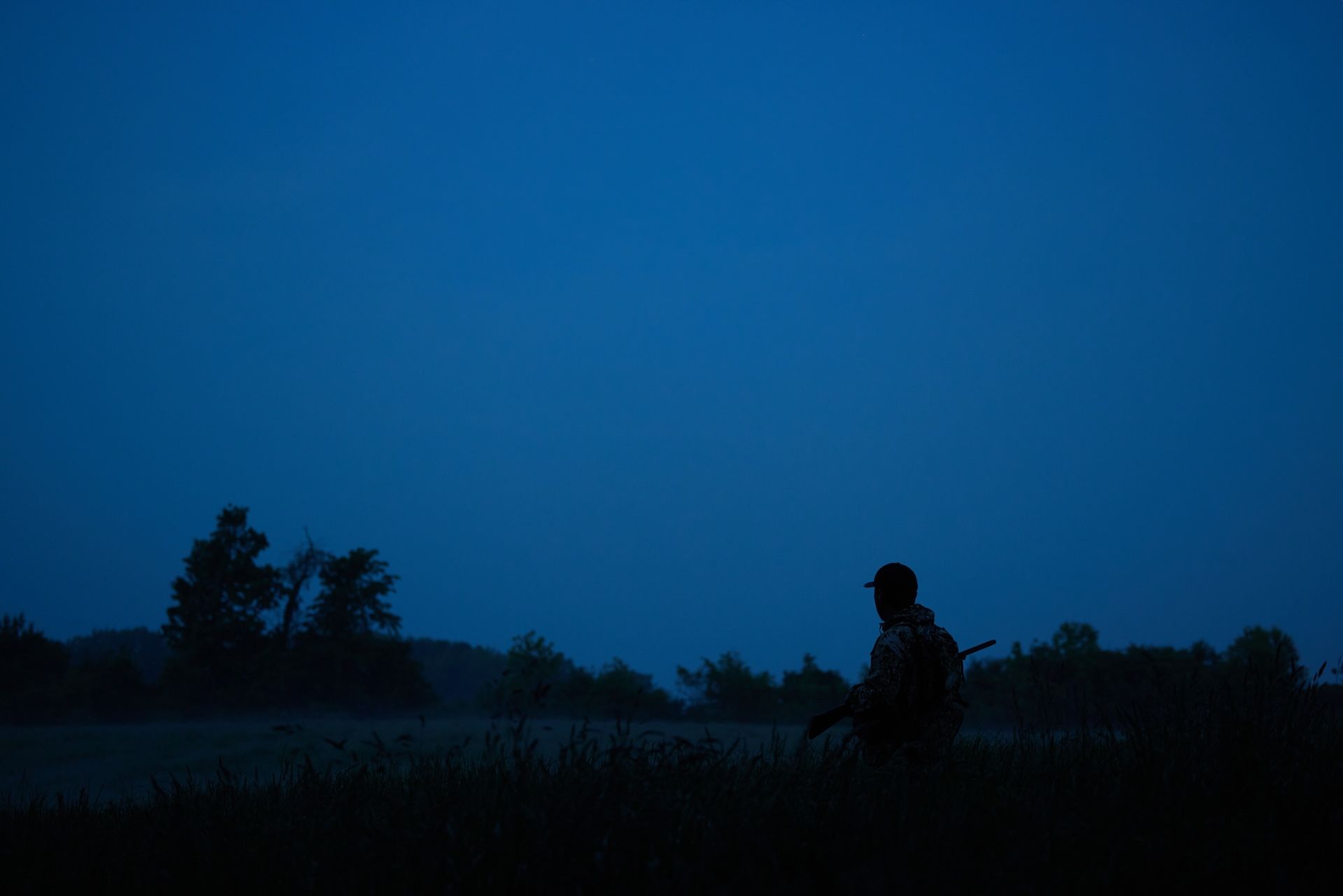
Wildlife Restrictions
Not all animals are legal to hunt at night. However, as the sun sets, a new world of opportunity and exciting hunting dynamics open up.
One of the most common nighttime hunting targets is predators such as coyotes and bobcats. This is due to the challenge of hunting these cunning creatures and their impact on conservation and herd management if left unchecked.
Strategies like calling, baiting, and ambushing can all be effective during the early night hours. Hog hunting is another popular night pursuit due to the invasive nature and devastating impact of these creatures on the natural environment. Using night vision goggles and bait systems like feeders can be highly effective when hunting these creatures.
Big game species such as deer or elk are usually off limits during night hunting periods, and there can be significant penalties for accidentally hunting protected species in low-light conditions, such as hefty fines or loss of hunting privileges. To avoid these issues, invest in high-quality optics (where legal), use lights responsibly, and familiarize yourself with the appearance and behaviors of both your target species and the protected species that share the ecosystem.
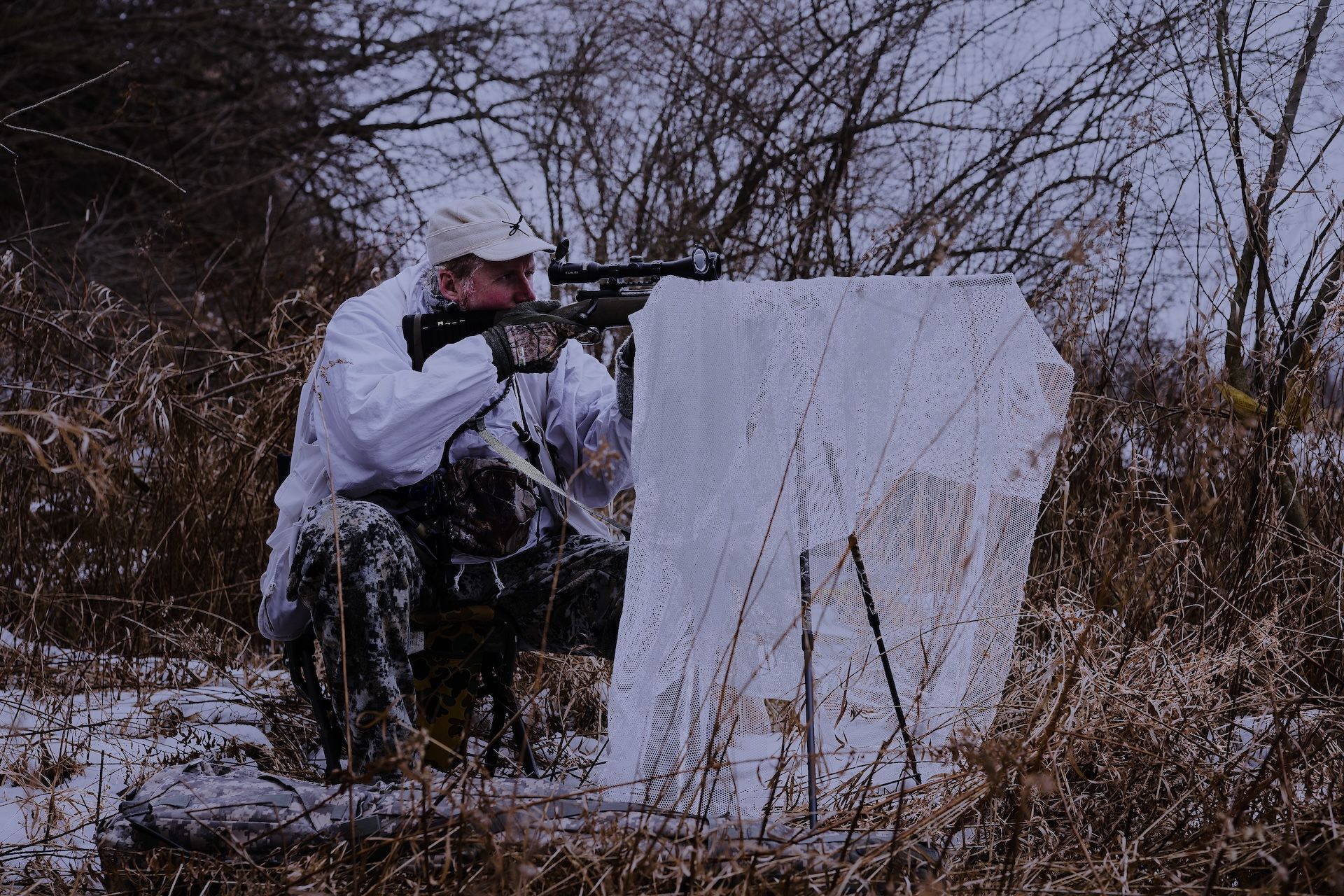
What Equipment Do You Need For Night Hunting?
The darkness and challenges of a night hunt require specialized equipment for increased accuracy, species differentiation, and, most importantly, safety.
To get started, you must have equipment that will boost your vision at night; in this instance, there are generally two choices.
- The first is a night vision scope, which uses infrared light to illuminate targets in the dark. Modern scopes offer additional benefits such as range finding and high-resolution imagery that provides a clear view of your target.
- Secondly, you might want to consider thermal imagery capturing animal heat.
Scopes with illuminated reticles enhance visibility in low-light conditions, helping you maintain accuracy.
Additionally, powerful hunting flashlights or headlamps designed for night use (such as red light options) can provide the necessary light without spooking the game, further contributing to a safe hunting environment.
Other Than Lights and Scopes
In addition to optical equipment, additional tools can further assist with the safety and success of a night hunt. Suppressors reduce noise disturbances, which is especially helpful when hunting at night to avoid alarming other animals or nearby residents. These devices often require special permits, so check your local regulations.
To boost your chances of encountering a predator, consider electronic game calls to attract predators like coyotes and scent-based lures, which are particularly useful for drawing game closer in the darkness. During the night, these animals' senses are heightened, so taking advantage of this biological shift and using these strategies to your advantage is essential.
Finally, don't let your camo slip just because you're hunting at night. Dark or neutral clothing will help you blend into nighttime surroundings, and portable blinds designed for low-light environments can provide additional concealment.
Safety Considerations
Reduced visibility can increase the possibility of accidents if not carefully managed.
When night hunting, it's essential that you display an extreme level of situational awareness, including acknowledging surroundings such as the location of other hunters, nearby roads, or property boundaries. Only shoot when the line is clear, and you are sure of what you are aiming at and what is beyond your shot.
Using reflective gear, such as small flights or patches on your camo, can help other hunters identify you in low-light conditions. Before stepping out into the field with others, consider establishing clear communication strategies, such as using radios, pre-set signals, and hunting corridors, to avoid miscommunication and coordinate movements.
Ethical Concerns
When hunting at night, uphold the principles of fair chase and take extra precautions to ensure clean, humane kills. For example, reduce your normal shooting distance to adjust for lighting conditions or add extra hours of practice during night conditions to get familiar with the shooting environment.
Finally, always seek permission from landowners when hunting or even stepping into private land.
Tips For Success At Night
Night hunting requires practice and exposure, like any shift in your typical hunting roster. Observing animal patterns and movements day and night can provide valuable insights into how these creatures navigate the landscape during these differing periods.
Also, practice shooting with any new gear you acquired for the night hunt. While night vision scopes and thermal imagery are fairly intuitive equipment, putting extra practice into shooting and identifying targets through these devices can't hurt.
Finally, when out on a hunt, practice noise reduction strategies, resist the urge to call too early in the night, and, most importantly, remember to be patient.
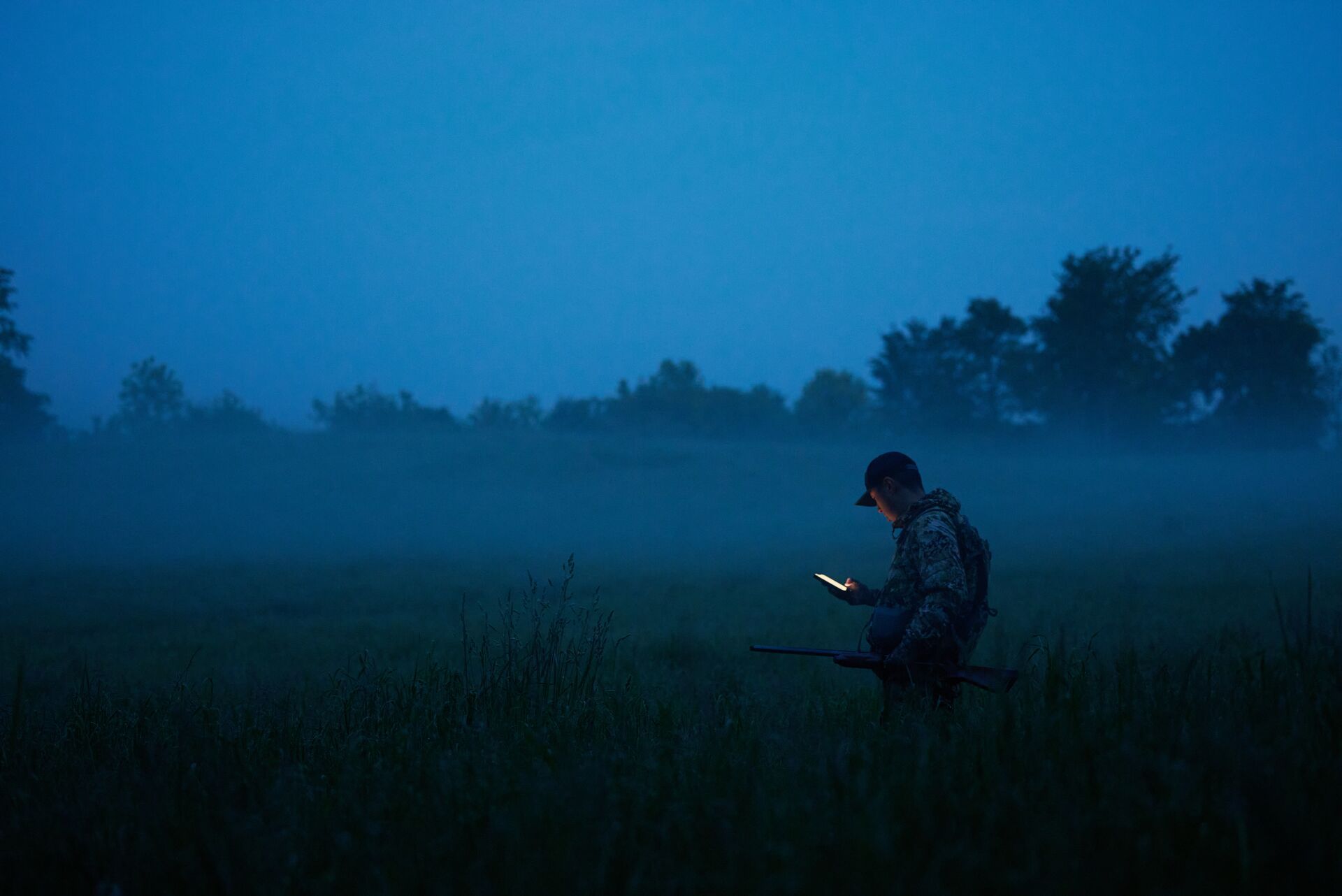
Try Your Hand at Night Hunting With HuntWise
Night hunting is one of the best ways to maintain your hunting fitness, practice unique skills, and contribute meaningfully to your favorite target species' ecological balance and herd numbers. While not permitted in every state, a sound knowledge of the respective hunting laws and regulations will ensure you have a successful, enjoyable, and legal hunt in the darkness.
Whether you need to scout elite night hunting locations, seek expert insights into predator species, access private landowner contact details, or more, download the HuntWise app. Use it to scout terrain, track animal behavior, and choose the best nights to get out for some night hunting.
Download it for free and enjoy it (also free) for your first week!
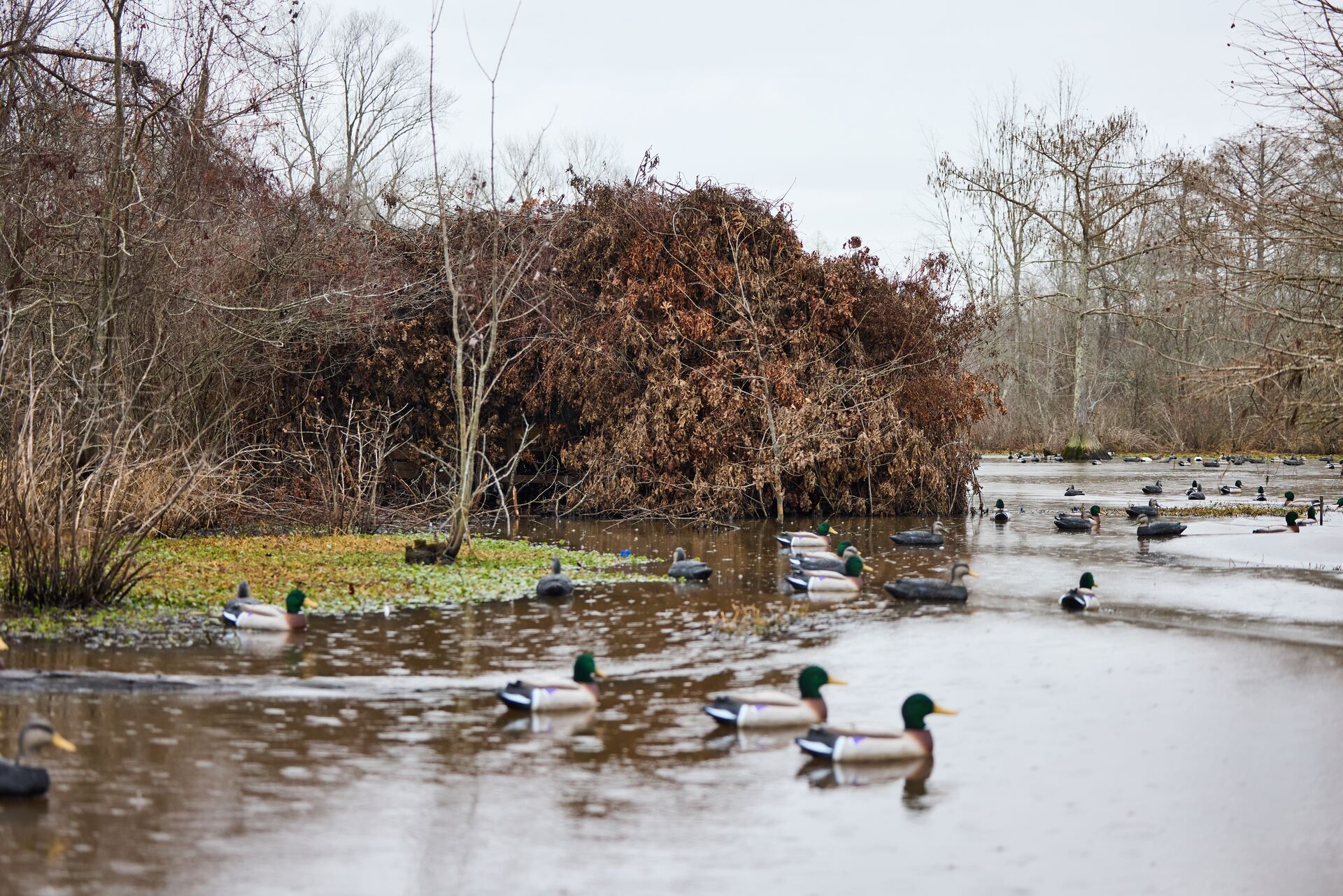
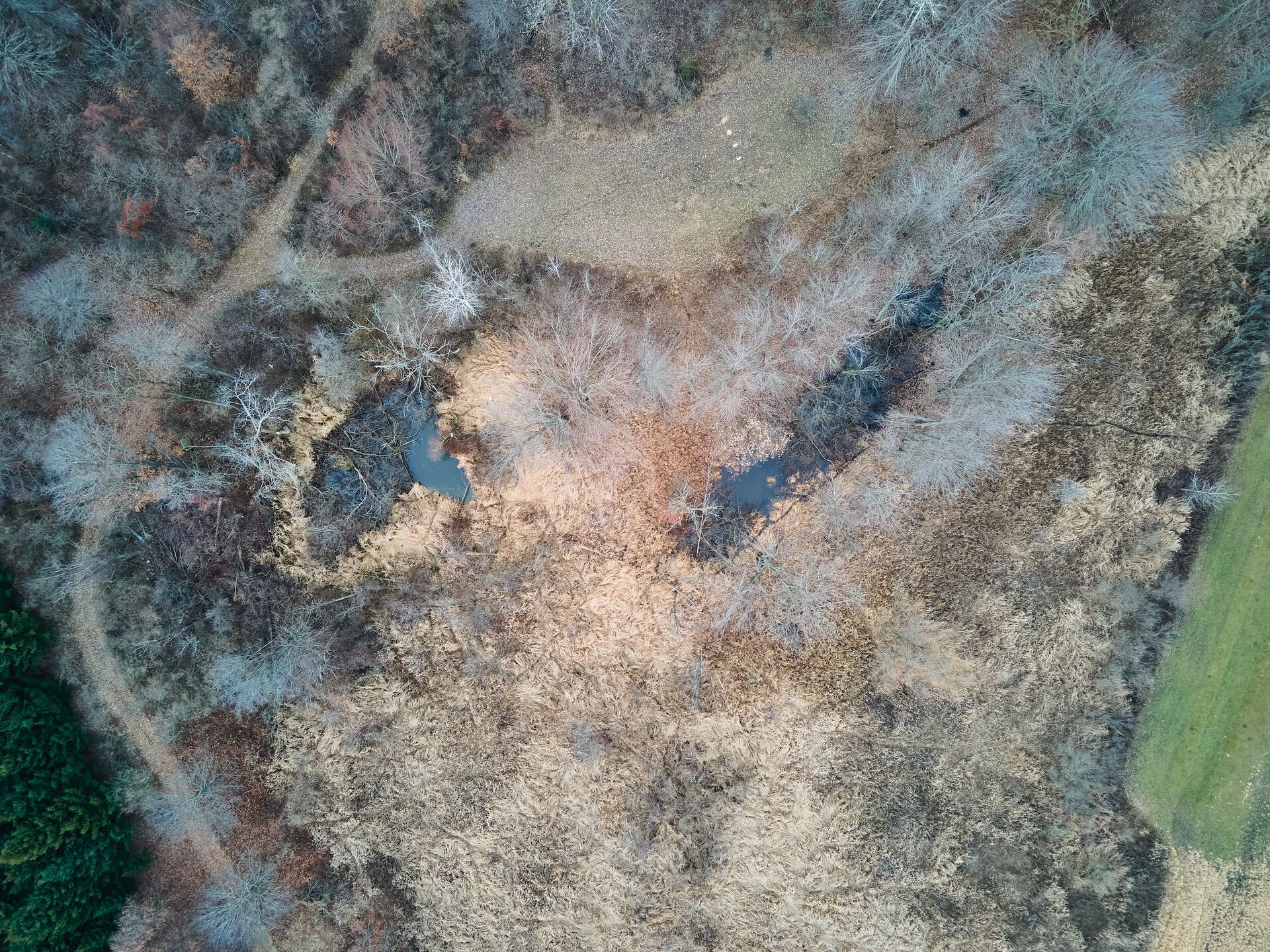
 Hunting Tips
Hunting Tips Hunting Tips
Hunting Tips Hunting Tips
Hunting Tips